The Monologue Parity Project
How and Why I Decided to Tackle the Issue of Parity in Modern Theatre
Throwback.
I distinctly remember the experience of searching for my first monologue. I was fourteen and a freshman in high school, desperately looking for the first solo piece I would ever perform. It had to be perfect and truly me—an exciting hunt that triggered the familiar palm-tingling sensation I experienced whenever I had the distinct feeling of possibility. I call it my sixth sense for the theatrical world. My palms start to tingle whenever I see the curtain rise on a new play, and I know it’s a good one if they still tingle after it ends.
My palms began tingling when my professor, Dr. Diane Brewer at the University of Evansville, challenged our Contemporary Plays by Women class with the assignment that would forever change the way I view my art form: “Propose a project that would help tackle the issue of gender parity in theatre.”
The troubles I faced in finding my first monologue are ones that are shared by many members of the theatre community whose identities and experiences are not typically explored onstage, let alone accurately portrayed. With this project, I hope to change that.
My palms were tingling...and then they stopped, a sign that this seemingly simple task implied less simple truths about the theatre. And I was experiencing the same realization I had somehow forgotten since my fourteen-year-old self discovered that the monologue she was searching for, the one that would encapsulate who she was and reveal a part of herself that before had been kept secret, did not exist. I was forced to confront the reality that the theatre is just like any other institution in existence. It is a flawed one.
I had always thought finishing a good play should give you the feeling of looking in a mirror and finding something about yourself that you never saw before. Plays by Shakespeare, Miller, and other giants affected me greatly and in different, subtle ways that would forever shape the way I experience life. However, as I began to perform these plays, I realized that there was a certain amount of work that had to go into building the bridge between myself and the character I was portraying.
My younger self was starved for the kind of visibility that a young bisexual female is often denied, as women like me do not always make strong and accurate appearances in theatrical literature accessible to high school students (or even much theatrical literature in general). It seemed like every monologue I came across that was considered appropriate for my age and gender was either about someone’s shallow notions of beauty or a longing for some boy told through the stereotypical selfishness and immaturity of a millennial female.
Today, with an intricate awareness of who I am and the complicated notions I have about myself as a human being, I object to these ideas being definers of my gender and generation, but back then, I was bothered by the fact that I didn’t identify with these one-dimensional females. I didn’t want to settle for surviving off the faint glimpses of myself reflected in these characters. I didn’t want to experience catharsis off of the subtle thrill of seeing a vague shadow of myself realize something that I may have known all along. I wanted, and still want, to look in the mirror and be shocked by the reflection of myself, stark naked and exactly as I am, experiencing life in all the exquisite ways I do as an individual who doesn’t quite fit the mold.
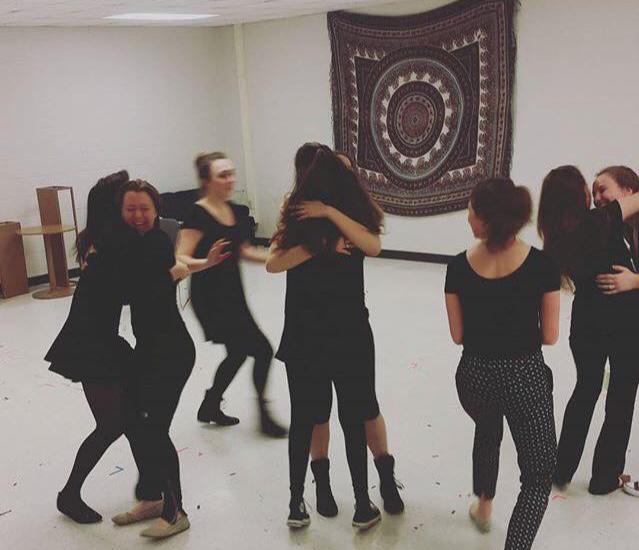
My Project.
In response to my professor’s challenge, I created the Monologue Parity Project in order to make the power of visibility accessible to anyone with an internet connection. It is a website where people can go to anonymously submit stories about their lives and experiences for others to read, be inspired by, and write monologues about for anyone to use and perform. The goal of this project is to expand the reach of theatre by including more voices that defy stereotypes and explore experiences that are not typically showcased onstage. My hope is that the site will continue to grow as we receive more and more written contributions, and that the monologues born from these stories will be used by anyone searching for a piece he or she can truly connect with and perform.
It was not until I made my own story contribution to the project that I experienced the true power of vulnerability and visibility side by side. A few days after I had launched the site, I saw that someone had written a monologue for a very personal story I had submitted. And in that instant, I knew someone had seen me, listened to me, and had been inspired by my true words…and in turn, they inspired me.
We don’t always realize the power of storytelling. People who have the ability to share their story are already in a position to instigate awareness and change on their behalf and for others like them. Words have the power to compel, influence, and innovate. Those who wield them have the privilege of telling their stories as opposed to just enduring them. What if we had the ability to help others tell their story through theatre while telling our own along the way?
Earlier, I described the difficulty of finding a monologue as a young bisexual female. Those are three words that can be used to describe me.
Three.
And not the ones I would pick if I could only pick three.
Now think of all the other possibilities. I haven’t even begun to discuss myself in terms of personality, interests, ethnicity, dreams, fears, and all the other intricate facets of my life that make me a true individual. I readily accept that not every character I play is going to be my perfect genetic match. It is my job to experience their realities truthfully in order to showcase this life onstage, so that someone else may also see a bit of themselves in me and learn from what they observe. But the troubles I faced in finding my first monologue are ones that are shared by many members of the theatre community whose identities and experiences are not typically explored onstage, let alone accurately portrayed. With this project, I hope to change that.
I think people should get used to telling their stories, and having their stories be told. They should come to expect it, and they should come to demand it. If this happens, the theatre will never die.
I hope this project makes your palms tingle.

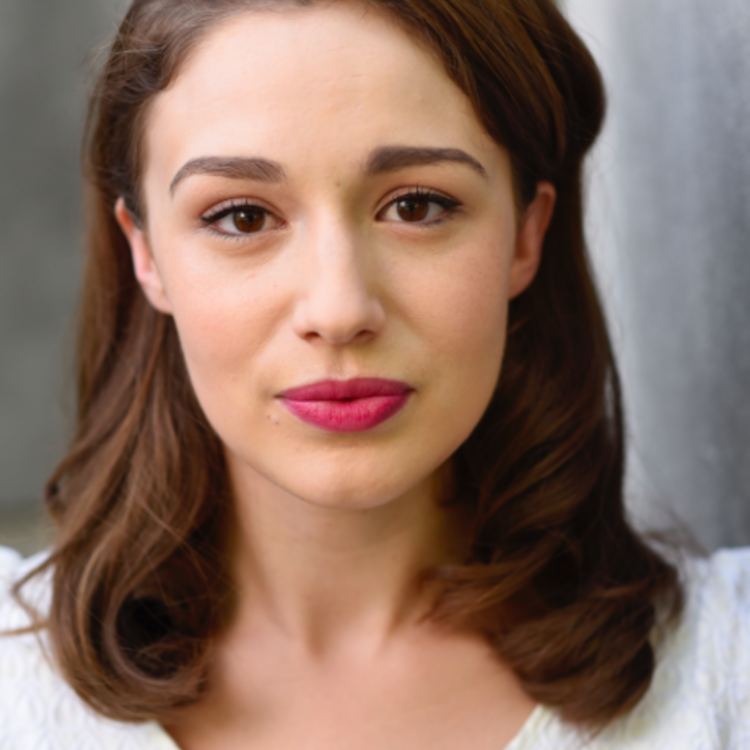
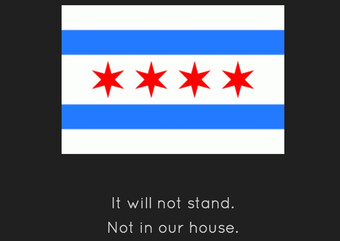

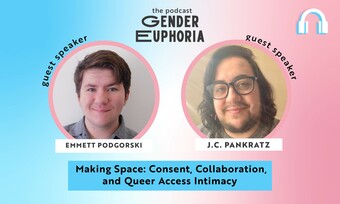



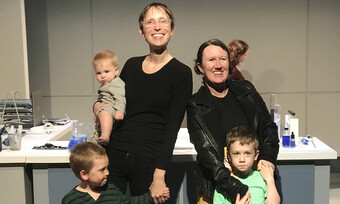

Comments
The article is just the start of the conversation—we want to know what you think about this subject, too! HowlRound is a space for knowledge-sharing, and we welcome spirited, thoughtful, and on-topic dialogue. Find our full comments policy here